Greetings, book and treat people! I’ve spent most of this week so far planning and scheming and generally getting ready for some big (and exciting!) changes coming your way in 2023. I’m working on a community project that I cannot wait to tell you all about, but that’ll have to wait until December.
For now, a big thank you to all of you for being here, and to everyone who responded to my brief survey from last week (and if you haven’t yet, it’s not too late). Your enthusiasm is thrilling, and I loved reading through all of your thoughts and ideas!
I also want to take a moment to talk about paid subscriptions. Paid subscriptions are what allow me to do this work. I love writing this newsletter. I love chatting with all of you about queer books and the best cookies. I pour my heart into it, and putting it together is usually my favorite part of the work week. But it is work. If you love what I do and find value in it, if you’ve been reading this newsletter for a while and look forward to it landing in your inbox, please consider subscribing. It makes a tangible difference in my life.
Plus, paid subscribers get access to some fantastic additional resources! Check it out:
The Review Index: A searchable index of all the books I’ve recommended in the newsletter. It includes:
250+ books, sorted by genre.
Brief one-sentence reviews of every book.
Links to my reviews, as well as other reviews I love.
Some content warnings.
Additional notes (such as whether I loved the audiobook).
The Audiobook Index: An easily searchable document containing all of my short audiobook reviews.
All the Bowls: An easily searchable compilation of all the no-recipe recipes I share in the newsletter.
And more to come!
Alright, let’s talk about books! A few weeks ago I decided to read the entire National Book Award longlist for fiction. Two of my favorite books of the year were on it and that got me exited. The first three books I read were fine. They were great, actually, they just weren’t for me. They reminded me a lot of the books I used to read before I figured out exactly what kinds of books I love. I appreciated them from a craft perspective, but they didn’t resonate. This made me grumpy and I considered ditching the whole project. But I am a completist, so I kept going. And then I read two story collections that took my breath away. I would not have read these two collections otherwise. I am so endlessly grateful that I did.
When We Were Sisters was already on my radar, so I can’t thank the NBA for getting me to read it, but I loved it anyway. I still have two books to go (The Rabbit Hutch and Shutter) but, despite the rocky start, I’m calling this project a win. I don’t think I’ll ever read an awards longlist again, but I’m genuinely happy I read this one.
The Books
Frontlist #1: The Haunting of Hajji Hotak by Jamil Jan Kochai (Short Fiction)
These stories are so vivid, so alive and shimmering, so sharp. Kochai plays with structure and form in ways that are surprising and chilling, heartbreaking and humorous. I love a story collection that keeps me a bit unbalanced, that refuses to adhere to one shape, and that’s what Kochai does with these pieces. They don’t fit into preexisting molds. It reminded me a lot of Afterparties, one of my favorite collections of all time, in that regard.
All the stories are about Afghans and Afghan Americans, and many of them are about war and violence, characters living through traumas and with inherited traumas. There is no sameness, though, in the characters, their messes and desires, how they approach the world. This is another thing I love in story collections (and another reason this book reminded me so much of Afterparties). Kochai writes about the same themes over and over. His characters share histories and identities and experiences. Some of the stories are linked. The same settings (Logar in Afghanistan, the Bay Area in California) appear again and again. But each story is singular, each character specific. There is no repetition, only spiraling and circling and deepening.
My favorite story is the first one, ‘Playing Metal Gear Solid V: The Phantom Pain’ which is about an Afghan American teenager playing a video game set in Afghanistan, and how that experience merges and blends with his father’s memories of living through war. The protagonist is trying to find his way through reality, both in the game and in his life. I had to set the book aside after I read it; it’s the kind of story that exemplifies what a short story can do that a novel cannot.
Themes of reality, memory, lived pain and remembered pain, what’s real and what isn’t, show up often throughout the book. In ‘Return to Sender’, a young couple, Afghan American doctors who have returned to Kabul to work, begin receiving packages containing parts of their sons’s body. It’s a strange, haunting story that begins as one thing and ends as something else; as readers, we go on a journey as
The way Kochai plays with structure is so inventive, and it feels intuitive to me as well. I often finished a story thinking, yes, of course, that was the only way he could have said that. There’s a story written in one long stream of text, as a woman listens to her adult children talk, thinking about other things, until her inner monologue finally bursts open. Another of my favorite stories, ‘Occupational Hazards’, is written as a list of all the jobs a character has held: the job, the dates, the location, his duties. It’s like a prose poem with plot; the breadth of life Kochai captures in the list is breathtaking.
There is so much transformation and movement in these stories. Kochai’s characters wrestle with what makes them how they are—their families, their histories, their cultural identities, what they’ve lived through. There are several stories told in the second person that highlight this continual transformation—characters are always becoming, always shifting, never quite arriving. It’s a beautiful book.
Frontlist #2: If I Survive You by Jonathan Escoffery (Short Fiction)
These interconnected stories are about a Jamaican family in Miami, striving and striving, struggling and surviving, trying to find meaning and build lives and do right by themselves and each other despite racism and endless economic turmoil and hurricanes and poverty and creeping despair and impossible expectations.
The writing is so sharp, so lovely, the sort of prose that just glides along, almost invisible, words that feel effortless but are obviously not. Most of the stories are told from the POV of one of the family’s two sons, Trelawny, throughout his childhood and young adulthood, but other men in the family get stories, too: his father, his brother,. his cousin.
There is a relentlessness to these stories that I love. Each one captures a moment, often a point of intense change in a character’s life. They are whole episodes. And then the next story picks up the thread, sometimes from the POV of a different character, sometimes years later, and these continuations are like a series of small, impossible gut-punches: life keeps tumbling forward. Moments of resolution dissolve into moments of unrest. Trelawny gets himself to a stable place, works through something, and then, in the next breath, it’s all gone, and he’s back in the muck, making mistakes, can’t catch a break.
All of the characters are dealing with so much that is beyond their control, and, simultaneously so much they’re constantly fucking up, so much they’re unwilling or unable to take responsibility for. The way Escoffery builds tension, the way he loops back to moments again and again, the way he refuses to let his characters rest—all of these things make the book feel like a novel. It doesn’t stop. The stories are endless.
In one story, Trelawny’s brother Delano is attempting to rebuild his failing tree service business in order to get his ex-wife to let him see his kids again. It’s a flailing, breathless spiral of a story—you know it’s not going to end well, you can feel Delano’s growing desperation on the page—and yet there is so much compassion, and tenderness, in how Escoffery writes this character. He knows what he’s doing isn’t going to work, and yet he goes crashing forward anyway, because he wants it to work. He wants to believe he can save himself. “You can’t project love while burying yourself, “ he says. “You can’t emit love while flickering out, evaporating into the ether.”
What’s remarkable is how much love all of these characters do project, despite their flaws, despite the hurts they so often inflict on each other. They’re giving everything they have to survival—in one story, their house is, quite literally, sinking. Miami is a dying city, and their lives within it careen from disaster to disaster. And yet they go on loving and trying and hoping. There’s just so much humanity in it.
Frontlist #3: When We Were Sisters by Fatimah Asghar (Fiction)
This is a gauzy, meandering novel, untethered, sometimes dreamlike, sometimes bluntly, heartbreakingly physical. It’s about three Pakistani American sisters in the years after their parents die. Most of the book is narrated by the youngest sister, Kausar. It opens just after their father is killed (their mother died years before), when Kausar is a kid, maybe seven. The first section feels feverish and confusing, with fragments of dialogue and memory, moments shattered and fractured, scenes told from one POV and then another. So much of the novel is like this—written as if from the middle of ongoing grief, sometimes legible and sometimes not.
I listened to the audiobook, but I could tell that Asghar uses a lot of nontraditional formatting. Sometimes one word gets repeated over and over again. There are a few conversations in which all of Kausar’s replies are simply ‘redacted’. One section sounded to me like the narrator was reading fractions and snippets of conversation, as if most of the dialogue had been blacked out. This makes me want to look at the physical book, but I also appreciated getting lost in the audio. I couldn’t always imagine what the text looked like on the page—prose? poetry? lots of white space?—and that added to the poignancy of the story. The structure reflects the characters’ emotional turmoil starkly, beautifully. It is, for me, a wonderfully successful translation between forms.
At one point Kausar says, “I need an adult and I don’t know how to get one.” This sentence gutted me. It sits at the heart of the whole book, which is about a family that fractures and doesn’t come back together, about orphaned children who love each other deeply, who take care of each other, but who cannot be everything for each other. Kausar and her sisters float from adult to adult, but no one is really there for them after their dad dies. They live in an apartment of their uncle’s. He comes in and out of their lives, but he isn’t kind to them, he treats them like obligations. At one point an older Pakistani couple comes to live with them, and they feel held, like they belong somewhere, but then their uncle sends the couple away. They often refer to each other as sister-mothers: they create new bonds of kinship in the aftermath of displacement and aloneness. But as Kausar points out, again and again, what they need is an adult, and they don’t have one. Their lives goes on. They grow up, bicker with each other, protect each other, suffer new traumas, find little joys, and through it all, they need adults, and adults do not come. It’s heartbreaking.
I loved Asghar’s poetry collection, If They Come For Us, and this novel feels beautiful and true in similar ways. There’s not much plot; moments unfurl and curl. It’s a mess of true, hard things: life is constant movement; people often do not get the things they need; grief coexists with love. Wounds heal and reopen; children cannot raise themselves; sisters can create worlds of their own, where they are safe and known; those worlds can shatter.
The Bake
It’s still fall! I am still baking with pears! I got up early the other day to bake this cake and it was worth it, because I then had a truly decadent slice with my midmorning tea. It is a delicious cake: a buttery vanilla sponge, a layer of spiced, caramelized pears, and a brown sugar crumble.
Pear Crumb Cake
Adapted from Melissa Clark via NYT Cooking
Ingredients
For the pears:
3 pears, peeled, cored, and thinly sliced
1 Tbs butter
1 Tbs maple syrup
1 Tbs ginger syrup or honey
1/2 tsp nutmeg
1/2 tsp cinnamon
For the crumble:
165 grams (1 1/3 cups) all-purpose flour
65 grams (1/3 cup) dark brown sugar
65 grams (1/3 cup) light brown sugar
1 tsp cinnamon
1/2 tsp ginger
1/4 tsp allspice
1/4 tsp salt
1 stick (113 grams) unsalted butter, melted
For the cake:
½ cup plus 1 tablespoon (133 ml) Greek yogurt or sour cream
3 eggs
1 Tbs vanilla
185 grams (1½cups) all-purpose flour
150 grams (3/4 cup) granulated sugar
3/4 tsp baking soda
3/4 baking powder
1/2 tsp salt
1 stick (113 gram) unsalted butter, softened
Make the pears: In a heavy-bottomed skillet, melt the butter, maple syrup and honey (or ginger syrup). Add the pears and spices and cook over medium heat, stirring frequently, until the pears are soft and beginning to brown around the edges. Remove from the heat and set aside.
Make the crumble: In a small bowl, combine the flour, sugar, spices, and salt. Pour in the melted butter and mix gently with your hands until crumbs form. Set aside.
Make the cake: Preheat the oven to 350. Butter a 9-inch cake pan, line it with parchment, and butter the parchment. In a small bowl or glass measuring cup, whisk together the eggs, yogurt, and vanilla.
In a stand mixer fitted with the paddle attachment, or in a bowl with a wooden spoon, combine the flour, sugar, baking powder, baking soda, and salt. Add the softened butter in small chunks, and mix on medium low speed (or with handheld beaters) until mostly incorporated. (You’re not creaming it here; you just want the butter to be in small-ish pieces and evenly distributed throughout the mixture.) Add the yogurt mixture and beat until smooth.
Pour the batter into the prepared pan. Spread the pears evenly on top, followed by the crumble topping. Bake for 55 to 65 minutes, until a tester inserted in the middle comes out clean. Let cool completely on a wire rack before serving. It’s even better on the second day.
The Bowl and The Beat
The Bowl: Butternut Squash & Ricotta Fritters
I roasted a butternut squash the other day with no plans for what to do with it. I didn’t feel like making soup or pasta sauce or any of my other go-to roasted squash dishes. Then I remembered that fritters exist! So I made fritters instead, and they were incredibly tasty.
Cut a butternut squash in half and scoop out the seeds. Put it on a baking tray along with two whole heads of garlic. Drizzle olive oil over everything. Roast at 450 until the squash is soft. Let cool, and then scoop the flesh out into a bowl. Squeeze the roasted garlic out of its skin and into the bowl. Use your fingers or a fork to mash it all up. Then add two eggs, 1/2 cup ricotta, 1/4 cup each cornmeal and panko (or regular breadcrumbs), 1/2 tsp baking powder, a scant 1/4 cup of flour, a big handful of chopped parsley, two big handfuls of grated Parmesan, and salt and pepper. Mix until everything is well combined.
Heat a generous amount of olive oil (or a high heat oil like sunflower) in a large skillet. Drop big spoonfuls of the batter into the pan and gently flatten them with the back of a spatula. Cook until golden brown and slightly puffed, 3-4 minutes per side.
The Beat: The Black Period by Hafizah Augustus Geter, read by the author
I’m almost done with this one and I highly recommend it, especially for anyone who loves nonfiction that blends lots of different elements. Geter writes about her own life as a queer Black woman; growing up the daughter of a Nigerian Muslim mother and a Black American father; the grief of losing her mother at 19; her complicated relationships with extended family; art-making and activism. But she also zooms outward, writing more broadly about everything she deems the Black Period: all the spaces she and others have created in which Black art, beauty, culture, joy, and community thrive outside and apart from white supremacy. Her narration is rhythmic and poetic; sometimes this kind of delivery makes it harder for me to lean into a book, but in this case I found it very grounding.
The Bookshelf
A Picture
I’m away on a mini work retreat this week, so, naturally, I brought 30 books with me. Am I going to read them all? Of course not. But I like having options. Please come talk to me in the comments if you’ve read and loved any of these!
Around the Internet
For Audiofile, I wrote about three audiobooks that have recently reminded me to pay close attention. On Book Riot, I made a list of 20 must-read queer millennials novels, and a list of some of the best Black poets to read right now.
Bonus Recs: Diasporic Identity
I did not plan it this way, but all three of these books are about diasporic identity. So here are some other brilliant books about diaspora: I just finished Brother Alive by Zain Khalid and I’m still pondering it and I’m not sure if I liked it or not but I’m pretty sure I loved it? I’ll be thinking about it for a long time, that’s for sure. The Last Karankawas by Kimberly Garza is a beautiful novel about several Mexican and Filipino families living in Galveston, Texas. Northern Light by Kazim Ali is an interesting nonfiction read about Indigenous land, erasure, home, and belonging
The Boost
I’ve been thinking a lot about how I can use this newsletter to do a little good in the world, so one of the things I’m working on this week is an exciting new iteration of The Boost. Stay tuned for all the details—I hope to launch it sometime before the end of the year. In the meantime, some frivolous fun:
I promise I care about things that are not 2023 calendars, and also: this is on sale now and I love it so much.
Do you ever wonder how long it will take you to read a particular book? A colleague just mentioned this and it seems like a fun and useful resource.
As always, a little bit of beauty to send you on your way: I’m on my island for the week, which means all the gorgeous ocean walks and all the steely fall ocean light.
Catch you next week, bookish friends!




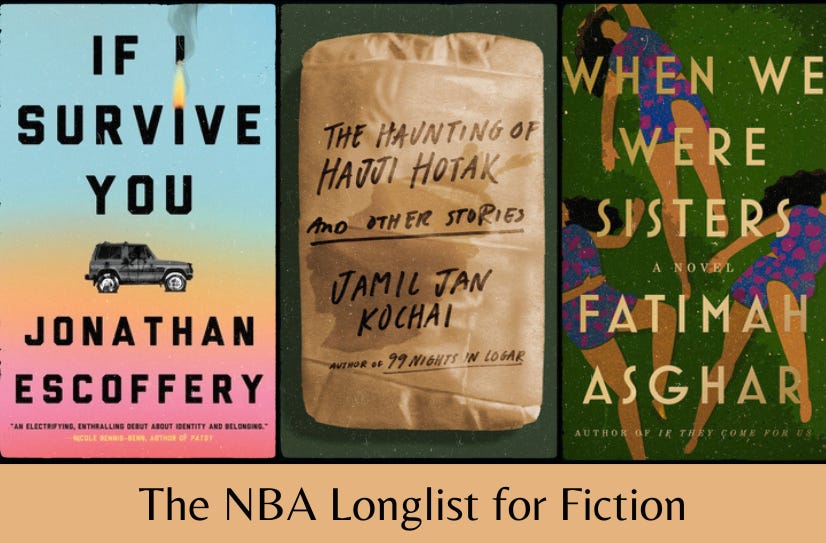
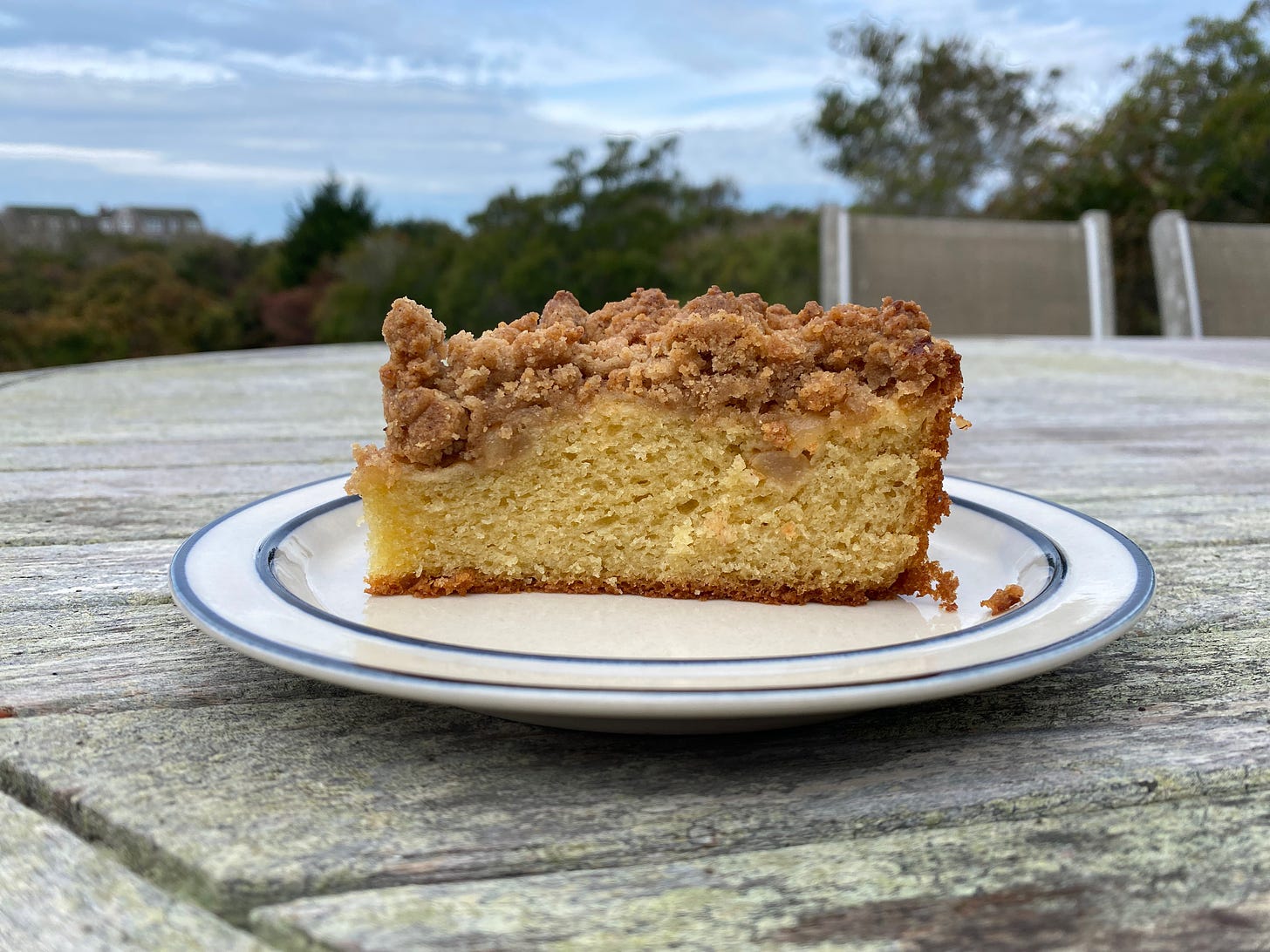
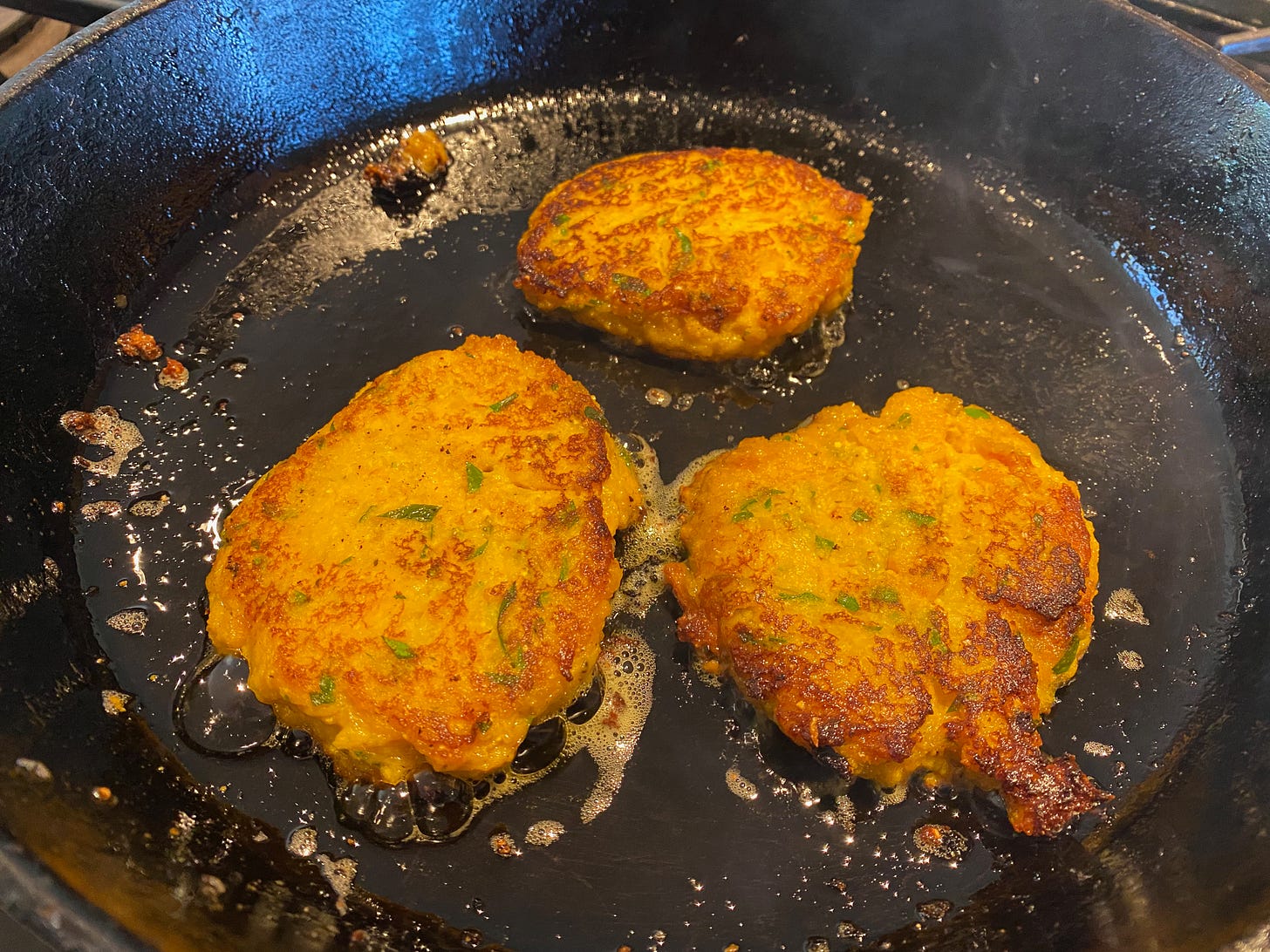
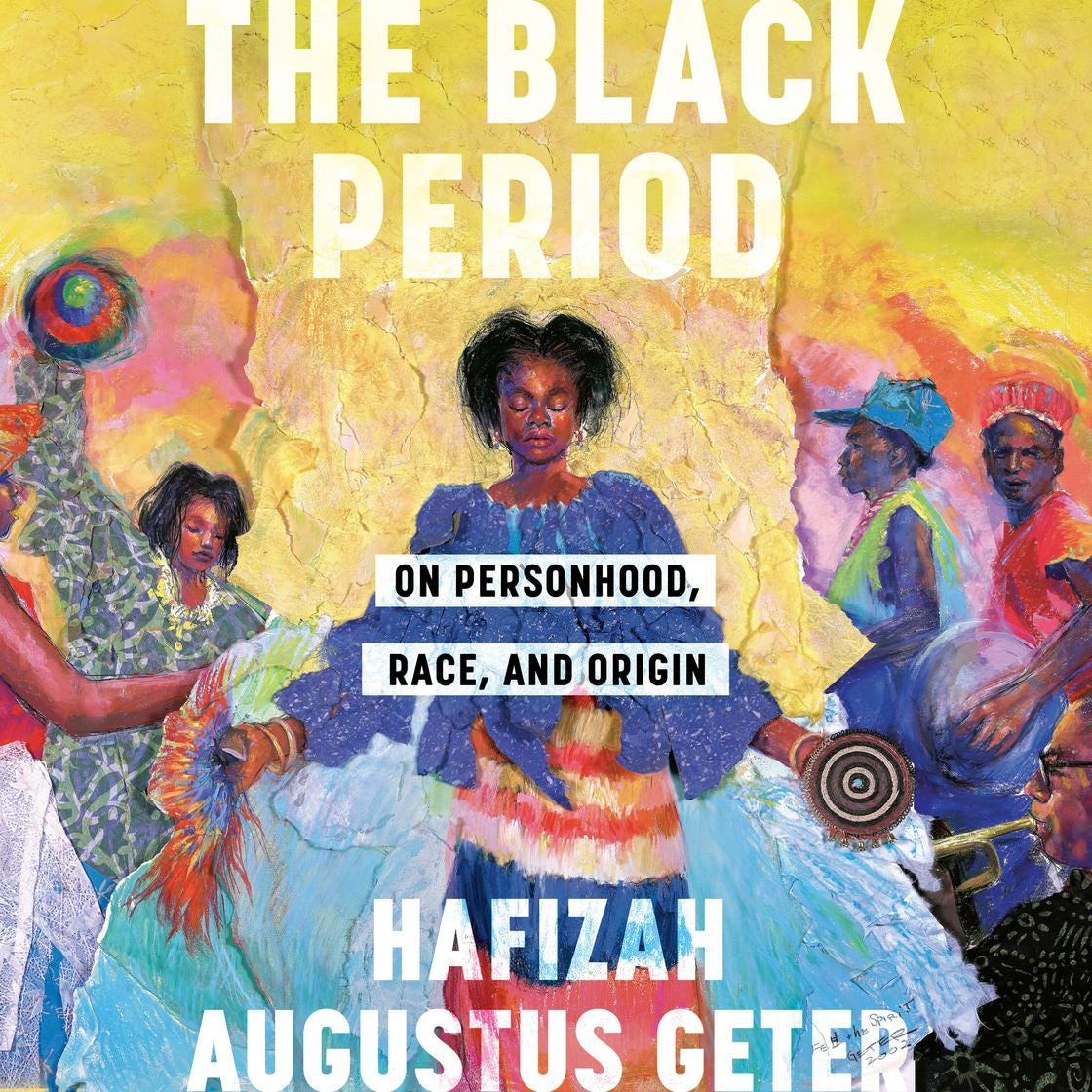
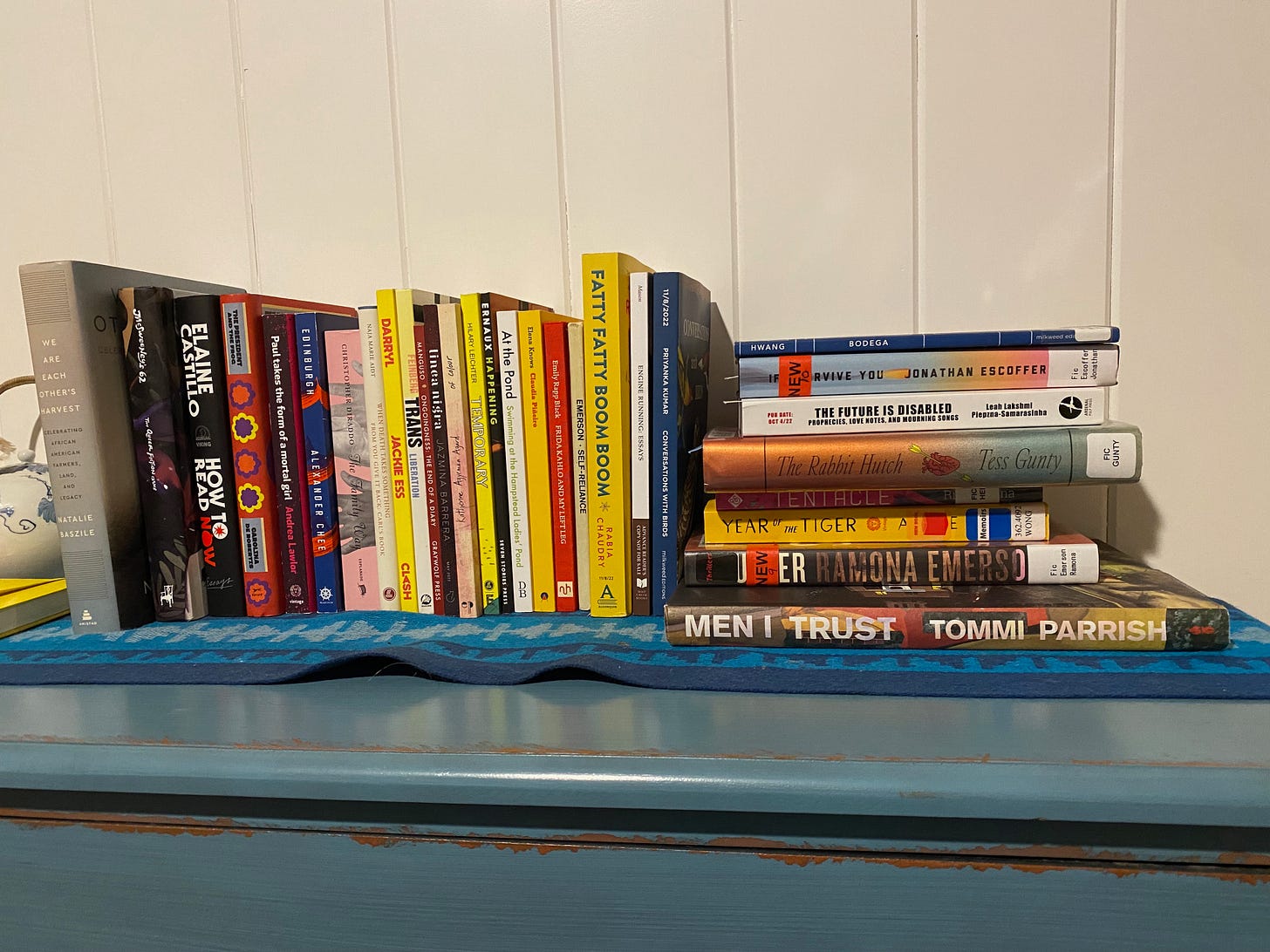
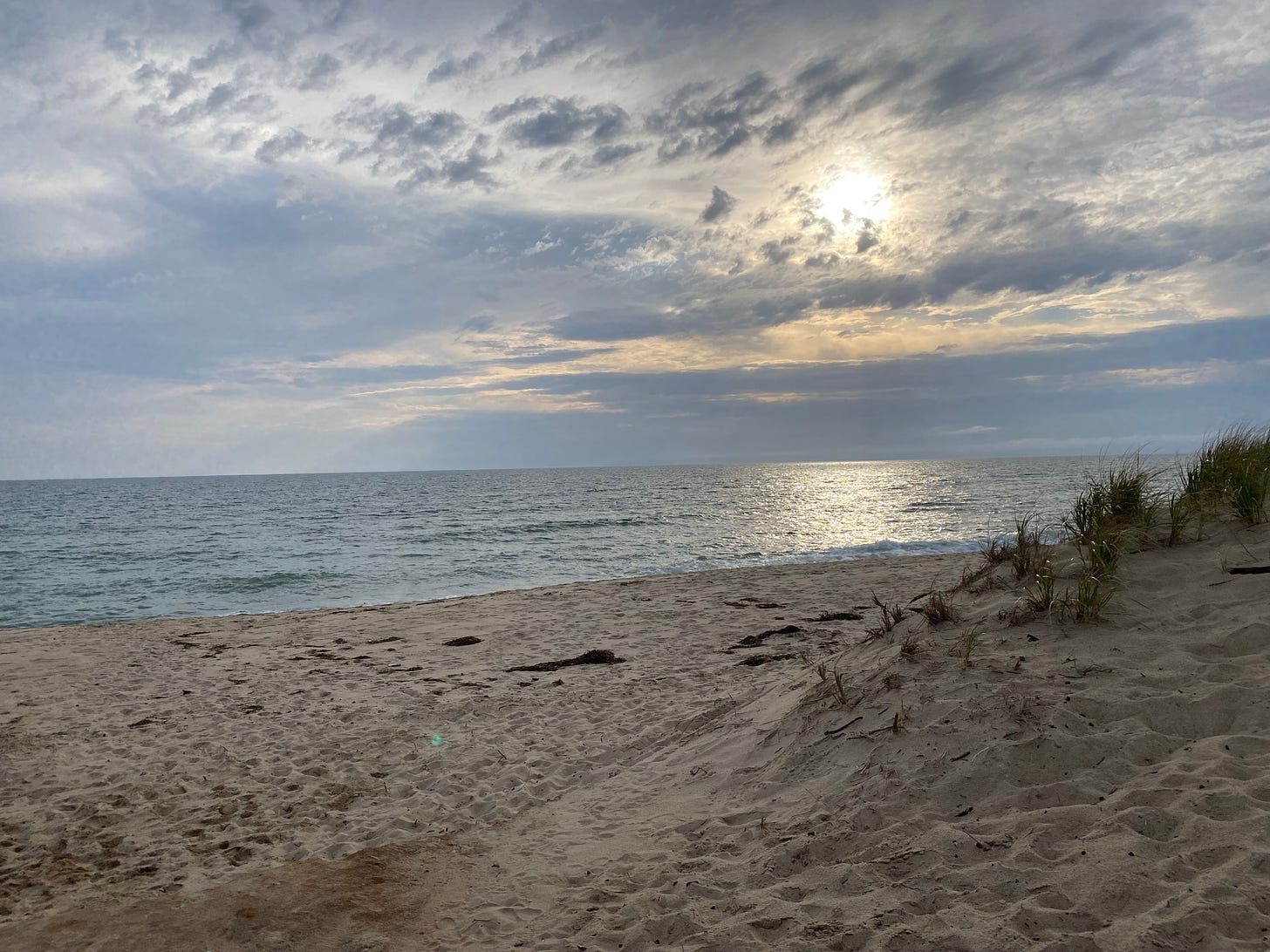
Of your 30 books- the McSweeney's Queer Fiction issue jumped out at me! I highly recommend it -it's full of wonderful works, and it introduced me to many writers I'd never read before, some who are now my favorite writers.